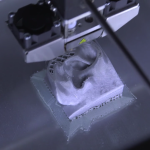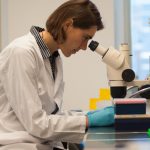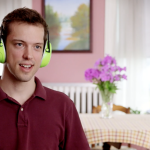Nelson Kiang, PhD, was founding director of the Eaton-Peabody Laboratories at Mass Eye and Ear, the world’s largest hearing loss research center.
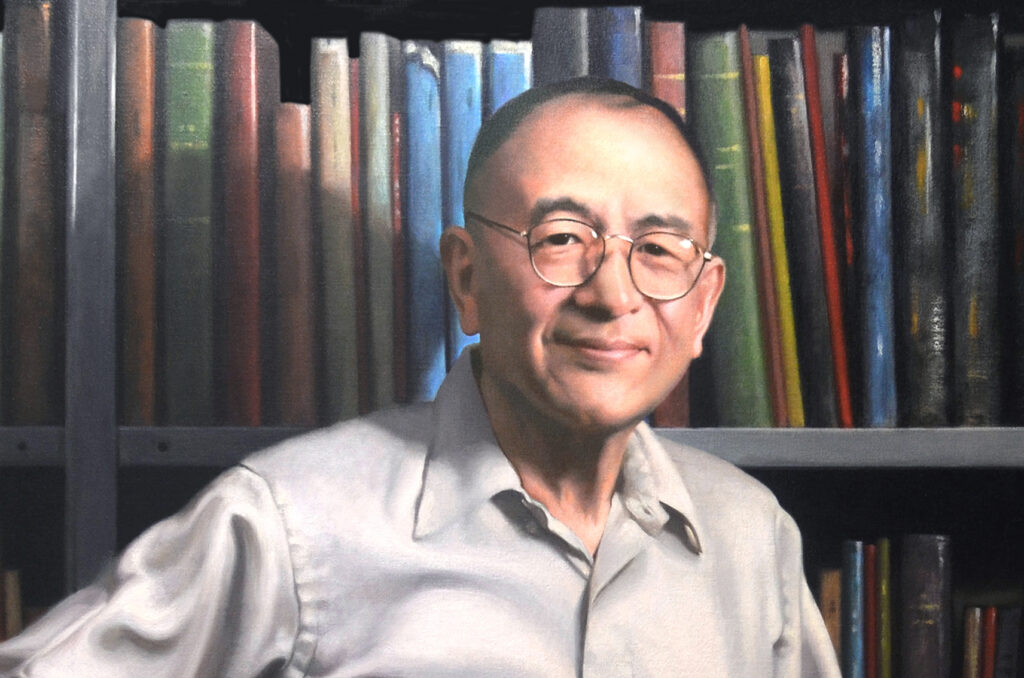
The Mass Eye and Ear community fondly remembers Nelson Y.S. Kiang, PhD, the Founding Director of the Eaton-Peabody Laboratories (EPL) and Professor Emeritus of Physiology at Harvard Medical School, who passed away March 19th at his Beacon Hill home in Boston.
Dr. Kiang was born in Wuxi China on July 6, 1929, and arrived in the United States in 1934 when he was 5-years-old. He grew up in Los Angeles, New York and Seattle, and went on to earn the first-ever PhD in biopsychology from the University of Chicago.
In 1955, Dr. Kiang joined Massachusetts Institute of Technology (MIT) and later added faculty appointments at Harvard Medical School, Mass Eye and Ear and Massachusetts General Hospital.
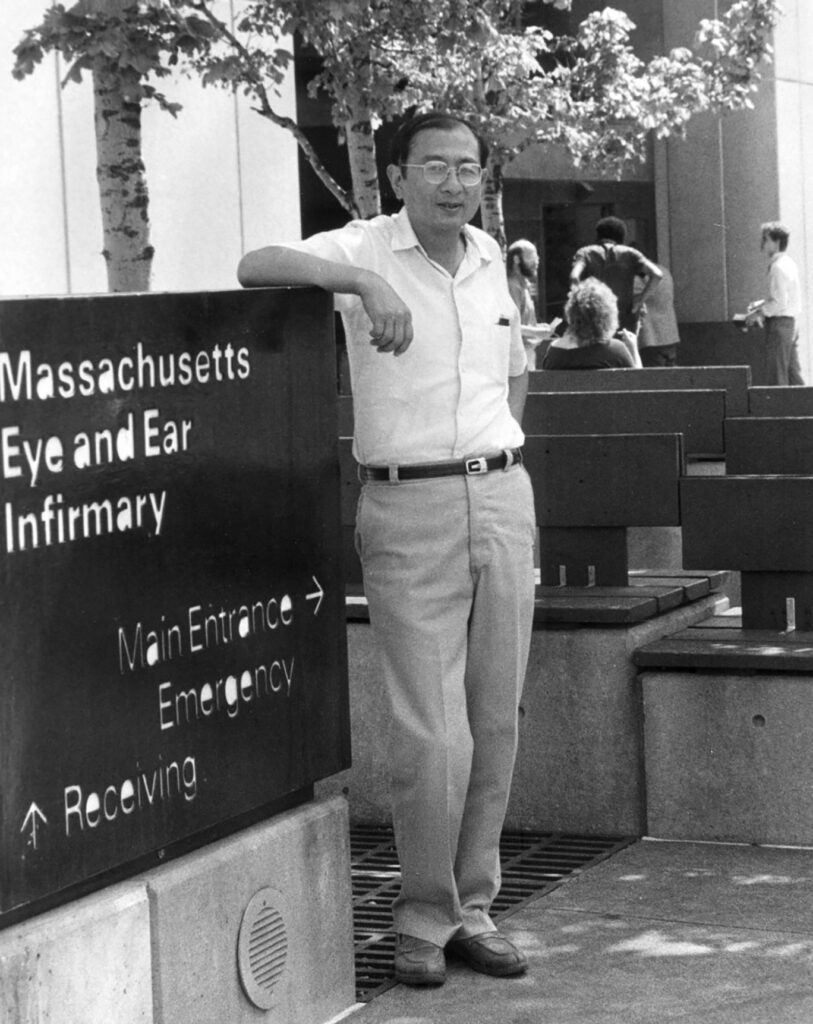
Dr. Kiang pioneered the understanding of how the inner ear translates sounds into electrical signals that excite nerve fibers in the auditory nerve, and how these processes differed between healthy ears and ones with hearing loss.
“He was the first person to really try to systematically describe what the rules are,” M. Charles Liberman, PhD, who trained under Dr. Kiang and eventually succeeded him as director of the EPL before stepping down last year, where he currently still works as an investigator, told The Boston Globe. “He was interested in what went wrong when we have hearing loss.”
In 1958, Dr. Kiang partnered with Miss Amelia Peabody, a philanthropist and former Mass Eye and Ear Board Member, to establish the EPL at Mass Eye and Ear. Dr. Kiang served as laboratory director until 1996 and would oversee its rapid growth into the largest research group in the world dedicated to the study of hearing and deafness.
“When he founded the lab it had about a dozen people, and it eventually grew to 50-60 under his leadership, and to over 100 today,” Liberman told MIT News. “And he would spend time talking to everyone, about his science, and about their lives — from faculty to trainees.” Dr. Liberman added that the phrase “being Kiang-ed” — having the experience of a long discussion about any range of topics with him — became well known around MIT, Harvard, and EPL.
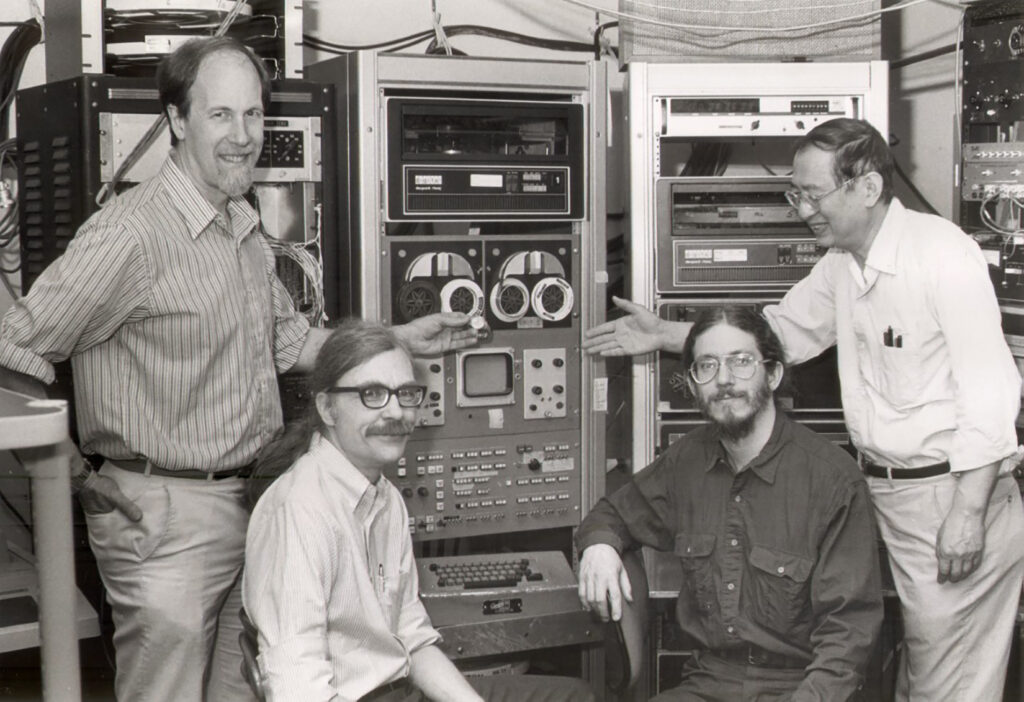
Dr. Kiang was a mentor, both formally and informally, to dozens of students and young investigators. His passion for education was further realized in 1992, when he spearheaded the creation of a PhD program in Speech and Hearing Biosciences and Technology (SHBT), which is now a part of the Division of Medical Sciences at Harvard Medical School. Since its inception, SHBT has awarded more than 150 PhDs, and its graduates have become leaders in neuroscience, medicine, biotech and other fields.
In his retirement, Dr. Kiang dedicated himself to enhancing the academic interchange between Chinese and American scientists.
“Nelson Kiang’s vision and life-long dedication to discovery in the hearing sciences—including training the next generation of scientists with the goal to improve human health—has left a lasting impression on the hearing research communities at Mass Eye and Ear, Harvard and MIT,” said Mark A. Varvares, MD, FACS, Chief of Otolaryngology–Head and Neck Surgery at Mass Eye and Ear and the John W. Merriam/William W. Montgomery Professor and Chair of Otolaryngology–Head and Neck Surgery at Harvard Medical School. “His commitment to seeing to it that his students adhere to a rigorous scientific pathway will forever guide the clinicians and investigators who carry on the mission of his trailblazing work.”
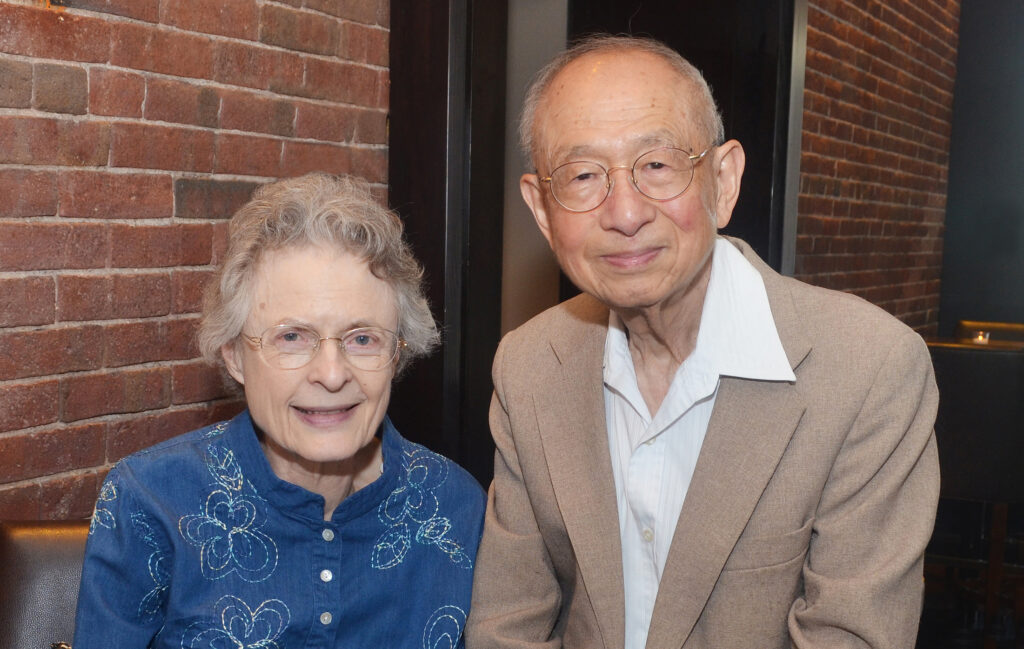
Dr. Kiang is survived by his wife Barbara Kiang, son Peter Kiang, PhD, professor and director of Asian American Studies at the University of Massachusetts Boston, stepdaughter, Pamela Raab, who is a psychotherapist in private practice in New York City, and a grandson, Jazz Kiang, who is a PhD student in higher education and organizational change at the UCLA.
Read more about Dr. Kiang in these obituaries in The Boston Globe, Harvard Medical School Department of Otolaryngology–Head and Neck Surgery and MIT News.
